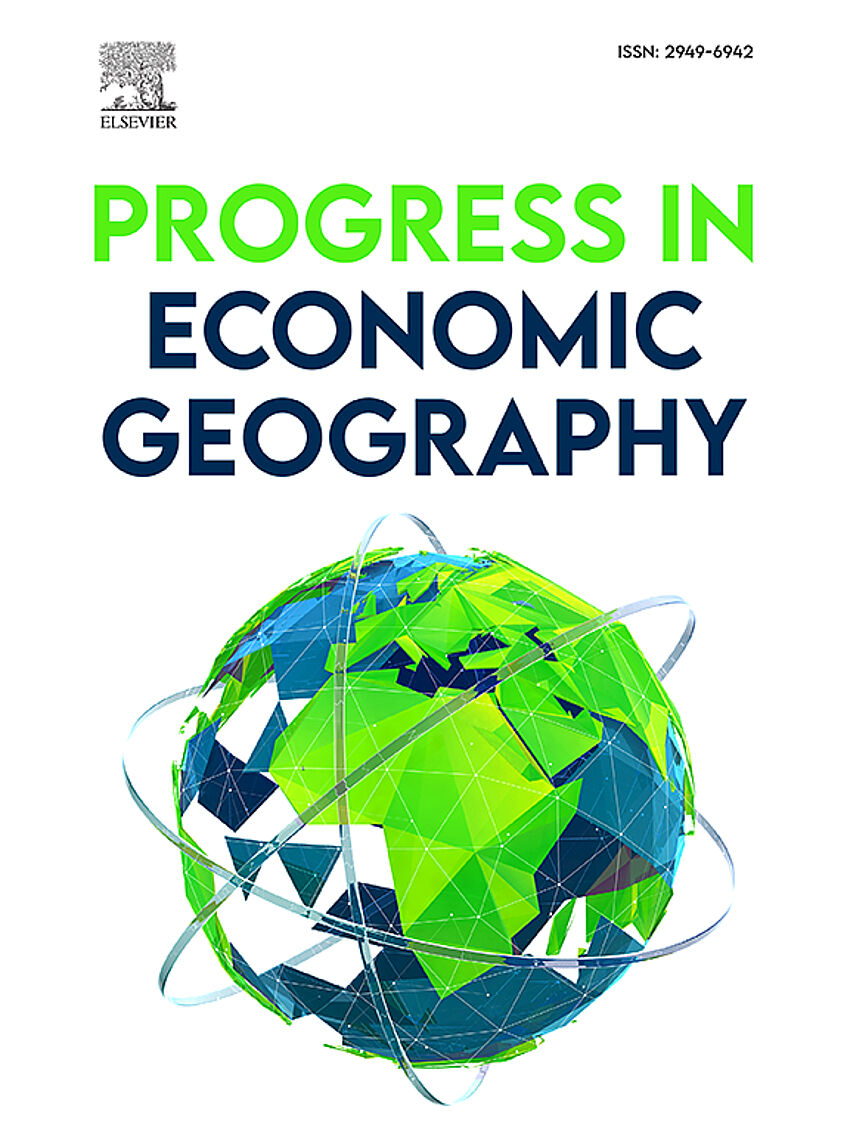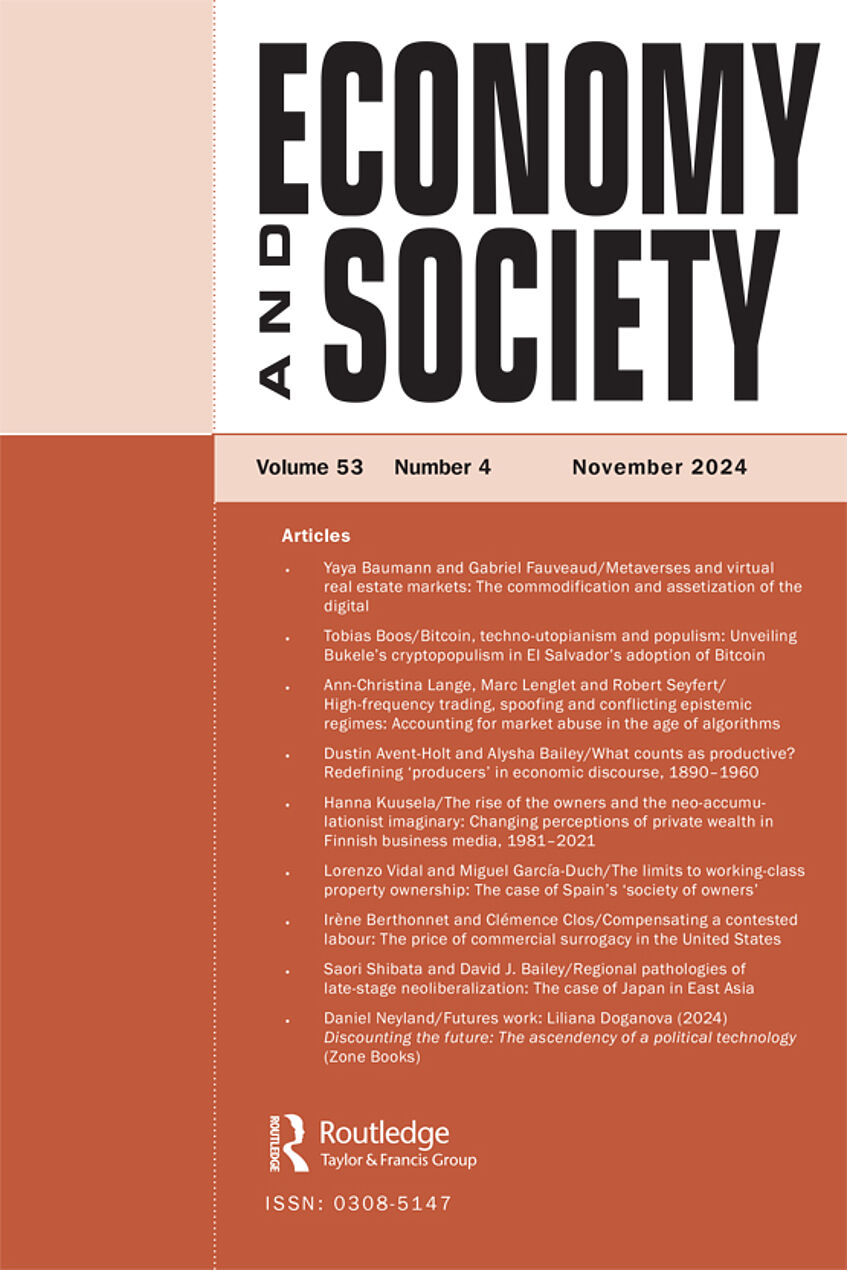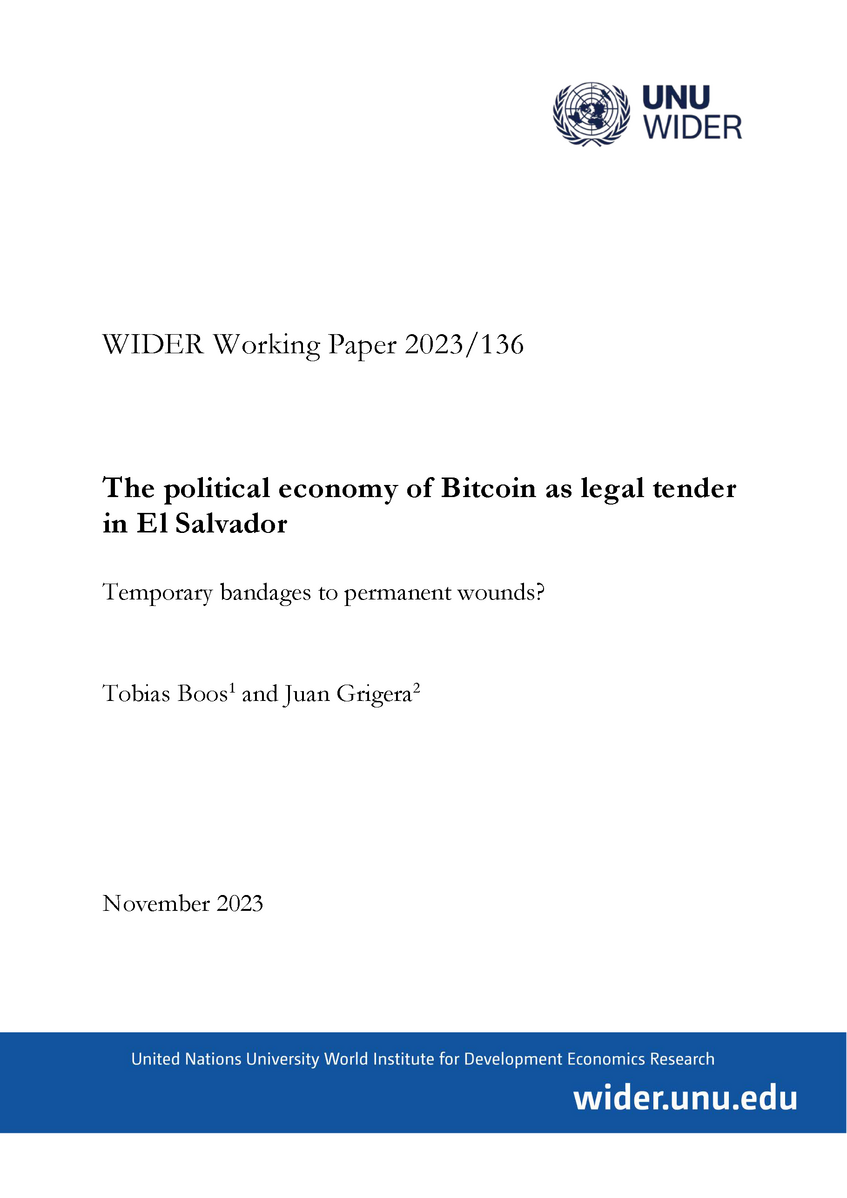La historia de este ensayo se remonta a mayo de 2021, cuando Nayib Bukele anunció, ante un público de cripto-entusiastas en la Bitcoin Conference en Miami, que ésta sería moneda de curso legal en El Salvador. En su discurso Bukele evocó una visión tecno-utopista para su país: “Nosotros como humanidad podemos hacer casi cualquier cosa que nos imaginemos. . . En El Salvador estamos intentando rescatar esta idea”. Un mes después del sorpresivo anuncio, la Asamblea Legislativa aprobó la ley de adopción en apenas tres horas, sin que mediara un debate sustancial. De este modo, en septiembre de 2021 el país centroamericano se convirtió en el primero del mundo en adoptar el Bitcoin como moneda de curso legal.
Adopción blanda, límites duros. El ensayo y error de las remesas de Bitcoin en El Salvador
Tobias Boos, Lina Schmid, Juan Grigera: Adopción blanda, límites duros. El ensayo y error de las remesas de Bitcoin en El Salvador. En: Phenomenol World, 2 de octubre de 2025

Two legal tenders, no currency. El Salvador’s bitcoin adoption between world money and international money
Citation: Boos, T. and Grigera, J. (2025) ‘Two legal tenders, no currency. El Salvador’s bitcoin adoption between world money and international money’, Progress in Economic Geography, 3(2), p. 100045. Available at: https://doi.org/10.1016/j.peg.2025.100045.
Abstract
This article critically examines the adoption of Bitcoin as legal tender in El Salvador, contextualising it within the legacy of official dollarisation after 2001. First, we empirically assess the benefits and costs of dollarisation, finding that, despite some theoretical claims, the benefits remain questionable in hindsight, while the costs for the country were relatively low. Second, we explore Bitcoin's role as legal tender, proposing its understanding as a form of International Money and its potential in facilitating remittances. Building on this, we show that the existing dollarisation and a ‘soft adoption’ of Bitcoin contributed to a comparatively low risk and low associated costs of introducing Bitcoin as a second legal tender. Third, we situate these developments within the broader geopolitical context, where the global monetary and financial system and the hegemony of the USD (the current World Money) are increasingly being repoliticised. In this light, the adoption of Bitcoin can be seen as a trial-and-error, unsuccessful at best, attempt by the Salvadoran government to enhance its leverage, improve remittance flows, and provide a low-cost escape valve in an evolving global landscape.

Bitcoin, techno-utopianism and populism: Unveiling Bukele’s crypto-populism in El Salvador’s adoption of Bitcoin
Citation: Boos, Tobias (2024): Bitcoin, techno-utopianism and populism: Unveiling Bukele’s crypto-populism in El Salvador’s adoption of Bitcoin. In: Economy and Society, Routledge, 0 (0), 1–24. doi.org/10.1080/03085147.2024.2407227
Abstract
In 2021, President Nayib Bukele introduced Bitcoin as legal tender in El Salvador. This paper examines the relationship between right-wing populism and Bitcoin. Through textual and visual analyses, the paper shows how Bukele weaves the promises and techno-utopian ideology surrounding Bitcoin into classic populist narratives. Adopting Bitcoin adds the promise of technology-driven development and the realization of a techno-utopia to the populist narrative template, allowing Bukele to construct a populist myth of himself as a tech-savvy visionary. This brand of crypto-populism represents a novel addition to the right-wing populist repertoire, capitalizing on the promises of an ongoing digital revolution.

UNU-WIDER Working Paper "The political economy of Bitcoin as legal tender in El Salvador. Temporary Bandages for Permanent Wounds?"

UNU-WIDER Working Paper "The political economy of Bitcoin as legal tender in El Salvador. Temporary Bandages for Permanent Wounds?"
Citation: Boos, T. , Grigera, J. (2023): The political economy of Bitcoin as legal tender in El Salvador: Temporary bandages to permanent wounds?. WIDER Working Paper 2023/136. Helsinki: UNU-WIDER. https://doi.org/10.35188/UNU-WIDER/2023/444-1
Abstract
This paper provides a contextual analysis of the adoption of Bitcoin as legal tender in El Salvador. First, it outlines the historical context and political situation of the period 2019–24, providing background for the passage and implementation of the Bitcoin law (Decree No. 57). It identifies the institutional and political context along with key areas of contention. It then examines the macroeconomic context of El Salvador, detailing fundamental economic features and how they connect to currency issues. The analysis reveals that Bitcoin adoption is deeply intertwined with tensions around dollarization, remittances, and foreign debt. The paper concludes with hypotheses on the potential dynamics and future of Bitcoin as legal tender in El Salvador, extending beyond President Bukele's tactics.
